Volkswagen Group continues switch to low-emission logistics with order for four more LNG ships
Green Car Congress
JULY 15, 2021
Volkswagen was one of the first car manufacturers to subscribe to the goals of the Paris Climate Agreement that aim to limit global warming to significantly less than two degrees by 2050. Only unavoidable emissions are offset by climate protection measures. The use of LNG not only reduces CO 2 emissions.


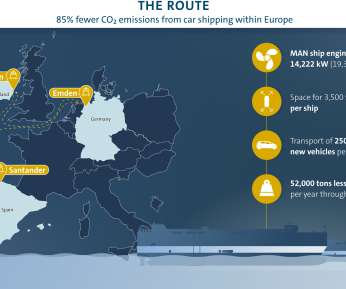

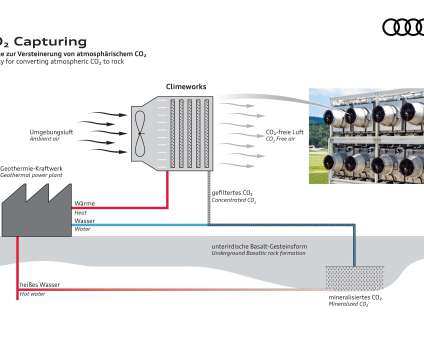


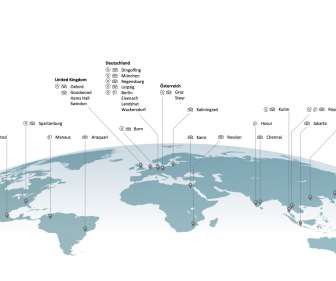








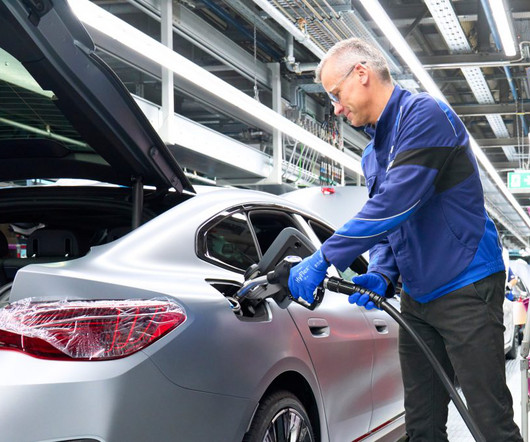

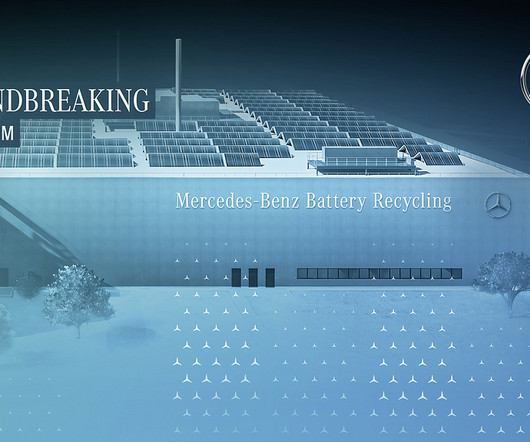
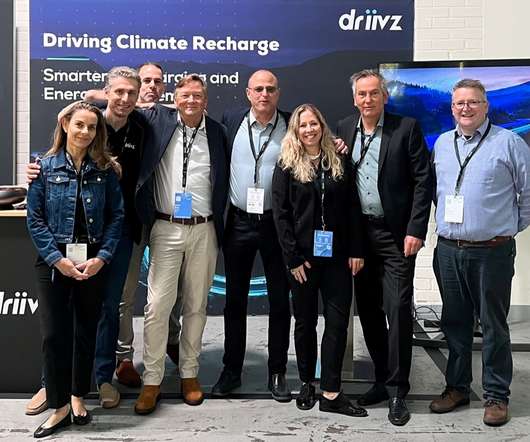







Let's personalize your content